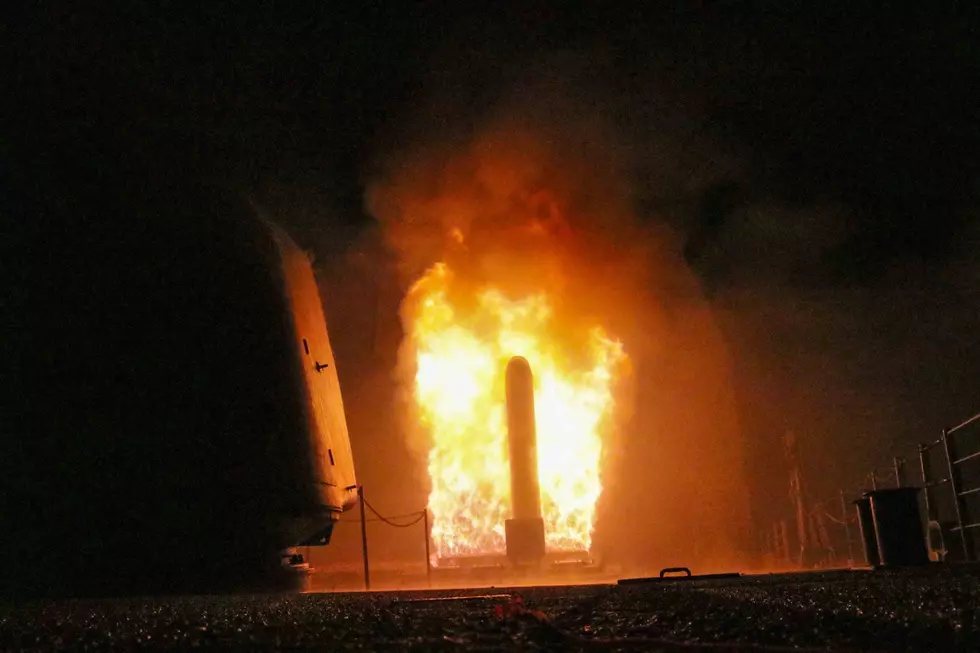Perspective on the Crisis in the Gaza Strip: Both Sides Are Wrong
Fresh from a trip to the Middle East, one religious leader is struggling to help spread peace in his own way.
Chorbishop John D. Faris, of Saint Louis Gonzaga Church in Utica, New York, takes a group of young seminarians to The Holy Land every year. During his last visit, while they were staying in Jerusalem, the latest round of fighting between Israel and Hamas began.
Safety concerns aside, he says the key to understanding the conflict there is acknowledging the physical nature of the problem - land and water - and the truth behind the issues.
Faris says, "We're really not being truthful. Does anybody need a priest from Central New York to tell you that killing three Israeli teenagers is barbaric? Does anyone need for me to say that Israelis kidnapping a twelve-year old Palestinian boy, making him drink kerosene, and setting fire to him, is obscene? Ok, that's what's going on."
He says that because of the policy of "tit for tat, eye for an eye .....everybody is now blind, and we're not now seeing anything."
Does anybody need a priest from Central New York to tell you that killing three Israeli teenagers is barbaric? Does anyone need for me to say that Israelis kidnapping a twelve-year old Palestinian boy, making him drink kerosene, and setting fire to him, is obscene?
He adds that there is no true leadership in the Middle East. "The leadership simply follows the tyrannical minority in their group. Whoever is the most radical, and they have fifteen people behind them, they're controlling what goes on. So, the leaders really lack the courage to say, 'We need to lead. We need to stop the blood. There's enough.' And there is no leadership."
He compares the Gaza Strip to metropolitan Las Vegas. He says it would be as though a wall were put around that city of approximately 1.8 million people and that 131 trucks were allowed to bring supplies to those people every day. "Do you think you're creating a situation where people are desperate and they're going to do terrible things? Yes." He says that those on both sides are wrong. Likewise, he says, there is no justice coming from either side.
He says there needs to be a two-country solution. He says if both sides were to co-exist, there still needs to be recognition of two separate states, or nation-states. Things that appear mundane but necessary, like garbage removal, have the potential to be bigger issues. "Everyday life has to be taken care of somewhere."
Below is the isolated audio from the interview:
More From WIBX 950









